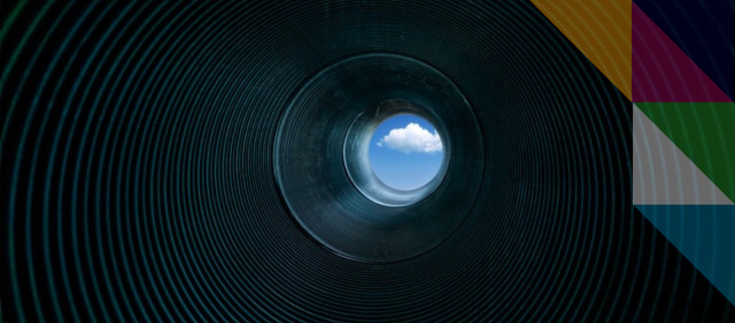
A View From The Hill – January 2023

New Zealand’s Jacinda Arden’s decision to step down last week was a surprising, high profile and sad example of a leader running on empty. Jacinda had some complex gendered expectations to navigate as Prime Minister and her compassionate leadership could be viewed as social change in action. We should recognise this latest example of burnout as our own call for social change. This year, the World Health Organisation’s International Classification of Diseases recognises ‘burnout’ as a specific work-related stress - a state of physical, mental, and emotional exhaustion. It can reduce productivity at work and lead to feelings of apathy and detachment.
Stress and fatigue are a regular occurrence for most of us, and many feel that an appropriate amount of stress allows them to thrive professionally. However, an accumulation of built-up stress can lead to burnout, negative emotions, and withdrawal by investing too much into something emotionally, intellectually, or physically without actively caring for yourself. Glassdoor reports that burnout is up 48% in the UK and workers are feeling more exhausted than ever before.
The world of work has fundamentally changed. The great resignation and changing demographics have resulted in fewer employees doing more work, backfilling vacant posts whilst fulfilling their day-to-day responsibilities in an era of post-pandemic confusion around job expectations. Work life imbalance has shifted too, with Zoom and Teams giving us the ability to work more remotely than ever, but the flipside finds we are catching up on evenings and weekends – many struggling to disconnect and left feeling overwhelmed or isolated.
It is vital that organisations have a clear plan to build sustainable and resilient workforces. Setting clear boundaries which encourage healthy work-life balance, equipping managers to spot and address burnout risks within their teams, and empowering employees with mental health tools are just some of the ways organisations can combat burnout. Multigenerational, diverse workforces deserve tailored and modern staffing tactics which support, connect, and enrich them to meet the challenges of the years ahead, without emptying their tanks.
Similar blogs
Sign up to newsletter
By submitting your details you agree to our T&Cs




